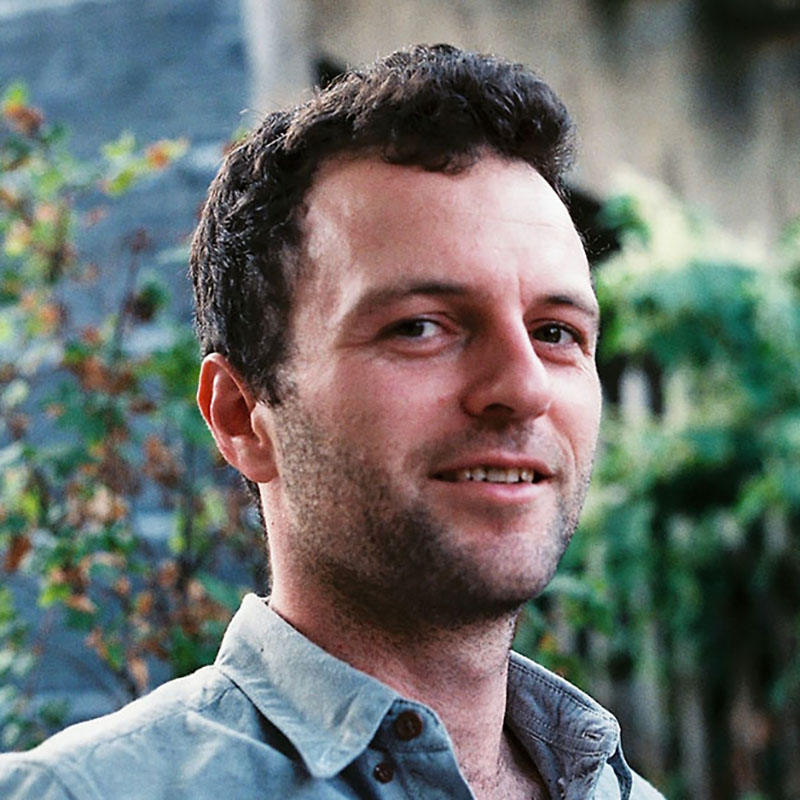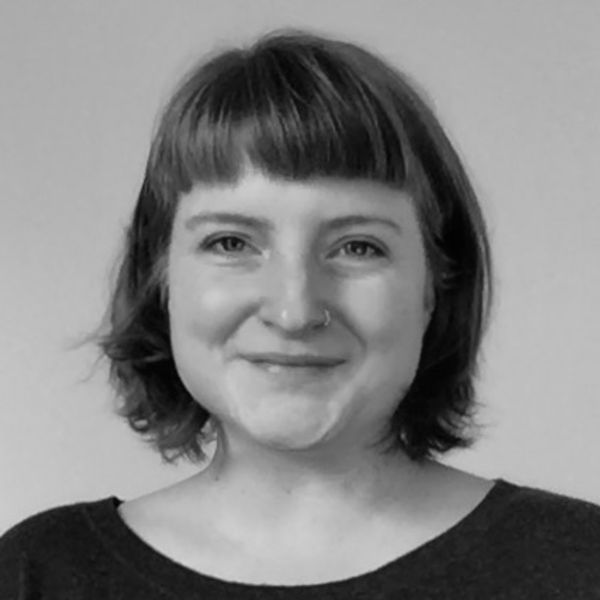Principal Investigators
Team
Associate Professor John Shaver
Associate Professor, Department of Anthropology, Baylor University
John Shaver is a biocultural and evolutionary anthropologist. Most of my work to date has focused on understanding religion using theories and methods from human behavioral ecology. This research has involved fieldwork in Fiji, The Gambia, Mauritius, New Zealand, and the United States. His work is interdisciplinary and has been published in anthropology, biology, neuroscience, religion, psychology and general science journals. He is a co-editor of Religion, Brain & Behavior, a journal dedicated to the biological study of religion.
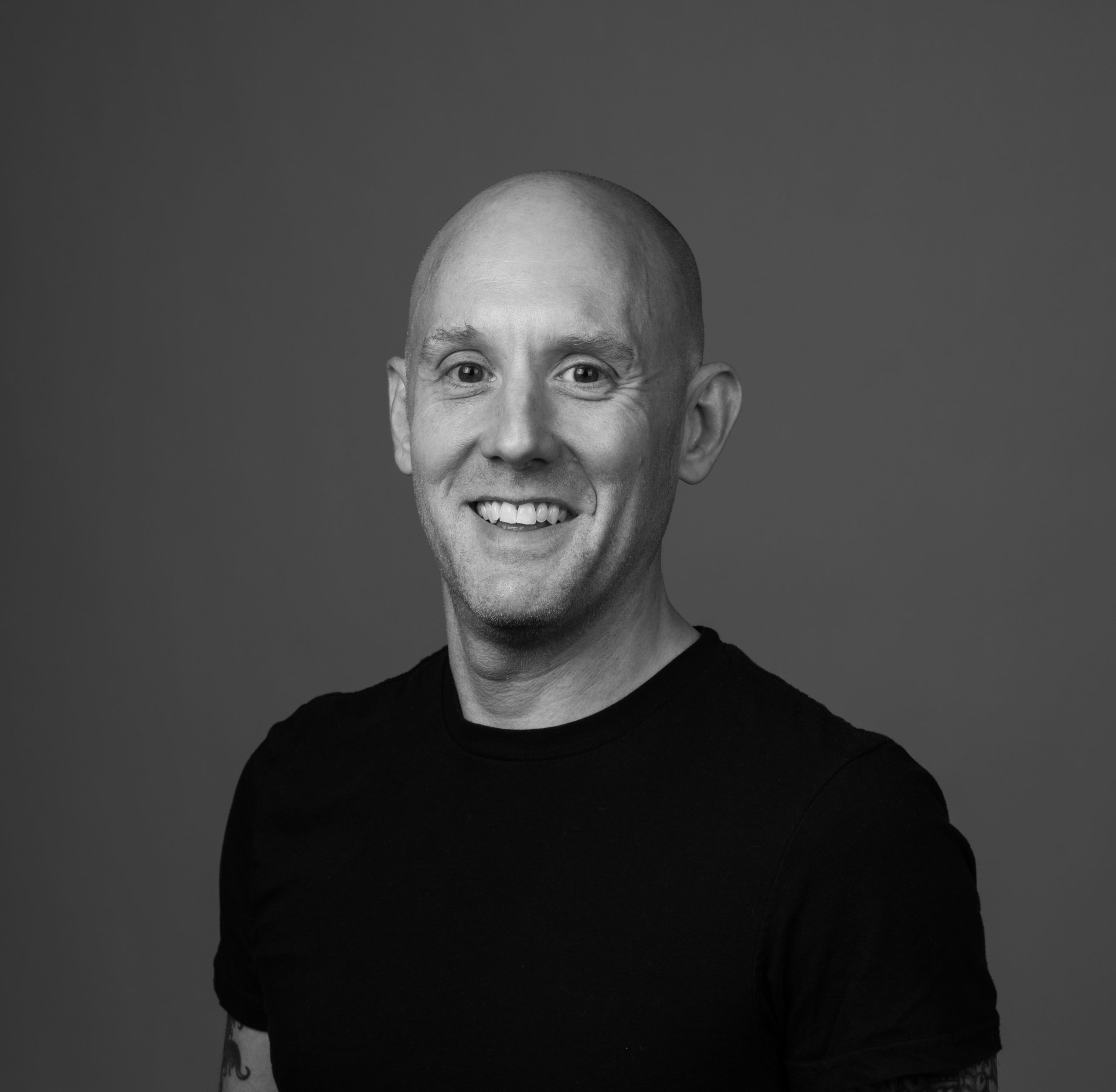
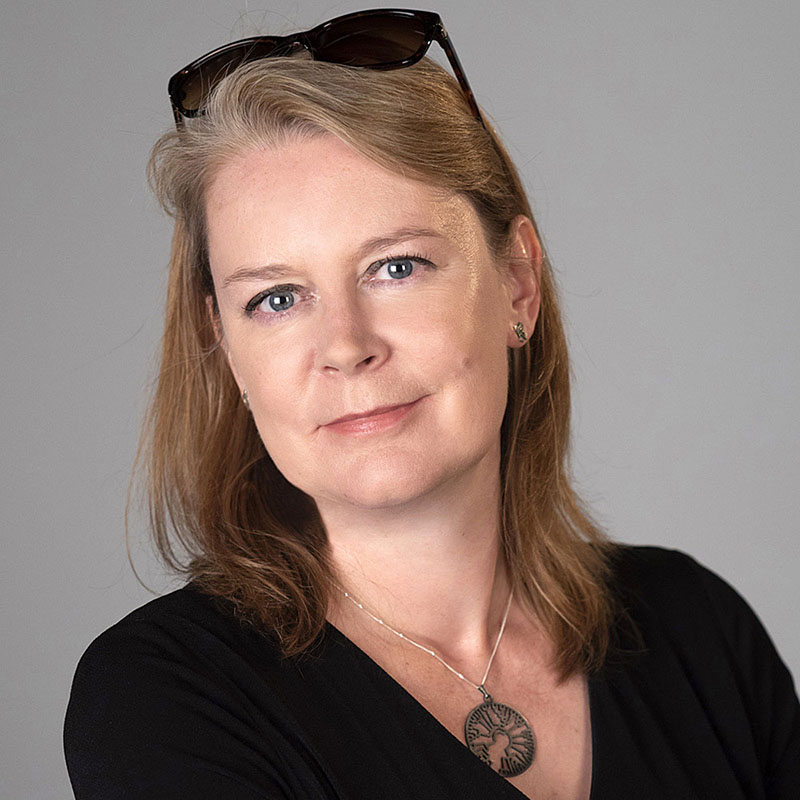
Professor Rebecca Sear
Professor and Director of the Centre for Culture and Evolution, Brunel University London.
Rebecca Sear is a demographer, anthropologist and human behavioural ecologist. She uses an interdisciplinary approach to understand human behaviour, incorporating an evolutionary theoretical framework into her research. She is keen to promote a greater understanding of evolutionary explanations for human behaviour in the social and health sciences, and to facilitate interdisciplinary work more broadly. She works on questions of demographic and public health interest, including fertility and reproductive development, child health and mortality, and health inequalities; and has a particular interest in the family, and how family relationships influence these outcomes. For further information, see Rebecca’s website.
Rebecca is interested in promoting interdisciplinarity across the human sciences, not just in her research but also through involvement in academic service roles: in 2008, she co-founded the European Human Behaviour and Evolution Association and she is currently Honorary Secretary of the British Society for Population Studies, and a Board Member of the Centre for Ecology and Evolution.
Associate Professor of Anthropology and Demography at Department of Anthropology, The Pennsylvania State University, United States.
Mary Shenk is a biocultural anthropologist, human behavioral ecologist, and anthropological demographer with interests in marriage, family, kinship, parental investment, fertility, mortality, and inequality. Mary has conducted field research on the economics of marriage and parental investment in urban South India, the causes of rapid fertility decline in rural Bangladesh, and the effects of market integration on wealth, social networks, and health in rural Bangladesh.
Mary’s fieldwork focuses on South Asia, particularly Bangladesh and India, but she is also interested in cross-cultural work. She employs both quantitative and qualitative methods of research, and believe that firsthand fieldwork is essential to a deep understanding of social phenomena as well as to ensure that analyses are appropriately designed and findings are understood in socioecological context.
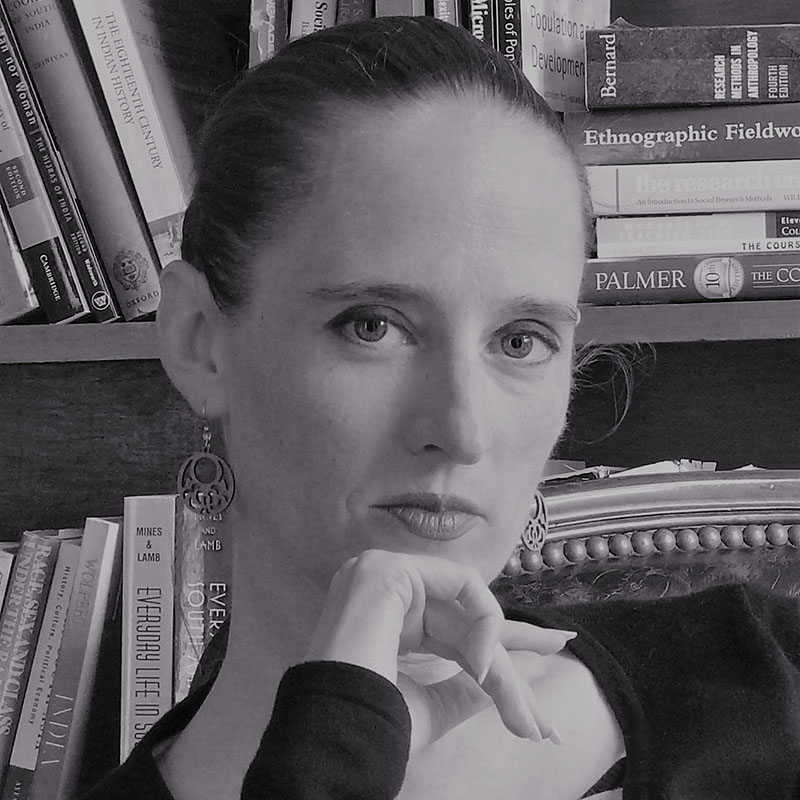
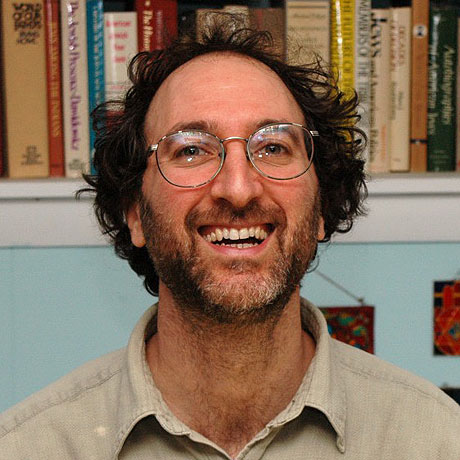
Professor, Department of Anthropology, University of Connecticut, United States
Richard Sosis is the James Barnett Professor of Humanistic Anthropology at the University of Connecticut. He is a faculty member in the Department of Anthropology and affiliated with the UConn Humanities Institute and Center for Judaic Studies and Contemporary Jewish Life. The central theme of his past and current research is human sociality. His work explores the relationship between religion, trust, and intra-group cooperation, with particular interests in ritual, magic, morality, reproductive decisions, and the dynamics of religious systems.
To explore these issues, he has conducted fieldwork with remote cooperative fishers in the Federated States of Micronesia and with various communities throughout Israel. He is co-founder and co-editor of the interdisciplinary journal Religion, Brain & Behavior, which publishes research on the bio-cultural study of religion.
Team
Research Fellow, Department of Population Health, London School of Hygiene and Tropical Medicine, United Kingdom
Anushé Hassan’s research interests are interdisciplinary, spanning demography, evolutionary anthropology, human behaviour ecology and population health. Her PhD draws from each of these disciplines to explore links between family structure, parental & alloparental care provision and children’s wellbeing in north-western Tanzania. Anushé was based in Mwanza Region, Tanzania for her PhD fieldwork, where she collected quantitative and qualitative data including on direct care and resource provisioning from parents, other kin and non-kin; variation in paternal residence; and child anthropometrics.
She is a member of the Evolutionary Demography Group and Population Studies Group in the Department of Population Health at the London School of Hygiene and Tropical Medicine.
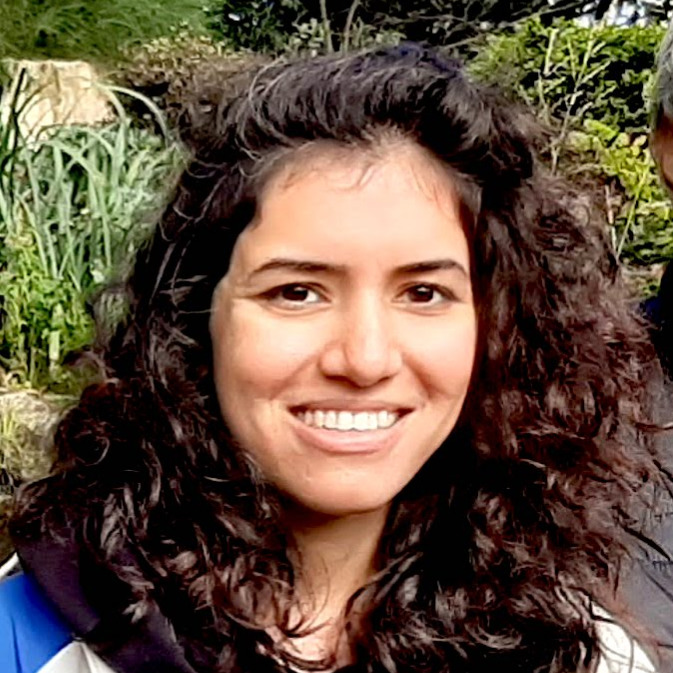
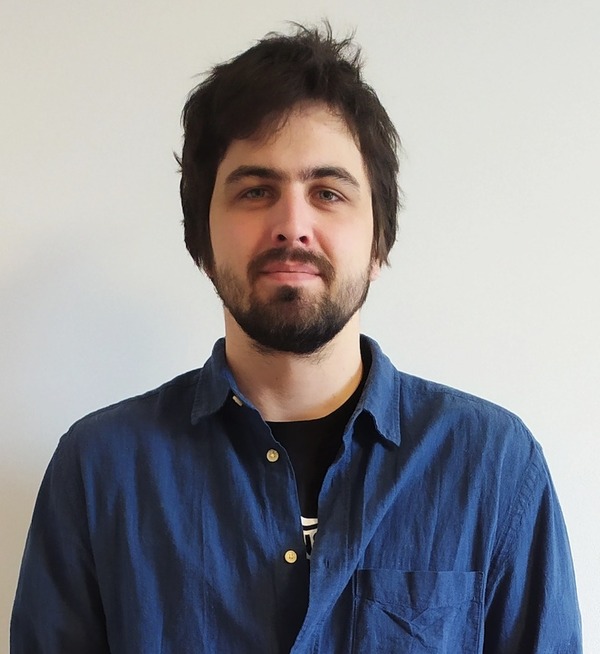
Postdoctoral Researcher, Religion Programme, University of Otago, New Zealand
Radim has a background in the scientific study of religion. His primary interest is the evolution of religious behavior in relation to morality, cooperation, and anxiety management. Specifically, Radim studies how religious rituals promote cooperation among participants and beyond them and help individuals cope with various hardships and anxieties. He has published empirical papers on synchrony and moral judgments, ritual structure and perception of morality, and costly signaling of cooperative intentions. Radim’s work in progress includes studies on the effect of forced costly signaling on cooperation, the Covid pandemic’s effects on religiosity, the causal link between religion and fertility, and the associations between religion, rituals, social networks, and fertility.
Dr Theodore Samore
Postdoctoral Researcher, Religion Programme, University of Otago, New Zealand
Theodore Samore is an evolutionary anthropologist who received his PhD from UCLA. His dissertation research primarily investigated why people vary in the extent to which they endorse traditional norms, practices, and values, particularly as a response to perceptions of threats. Specifically, Theodore is interested in whether people who are more sensitive to the presence of threats are also more likely to embrace traditions, religion, and/or social conservatism as tried-and-true threat-mitigating strategies. Theodore has published work on the cross-cultural relationship between traditionalism and prophylactic responses to COVID-19; on the relationship between religious and scientific epistemologies in response to threats; on the transmission of threat-relevant cultural information as a function of political orientation; and on prosocial emotions.
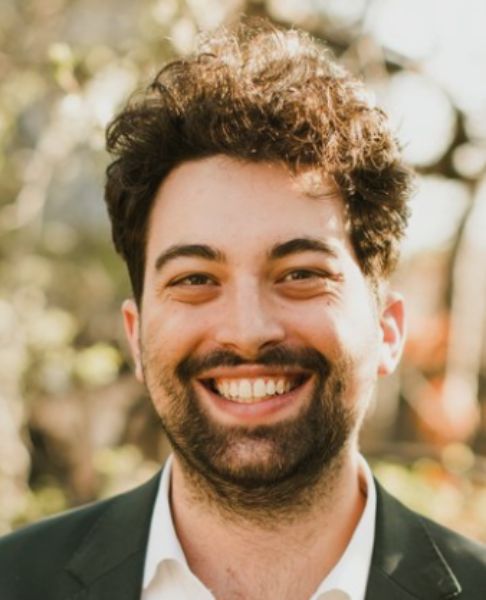
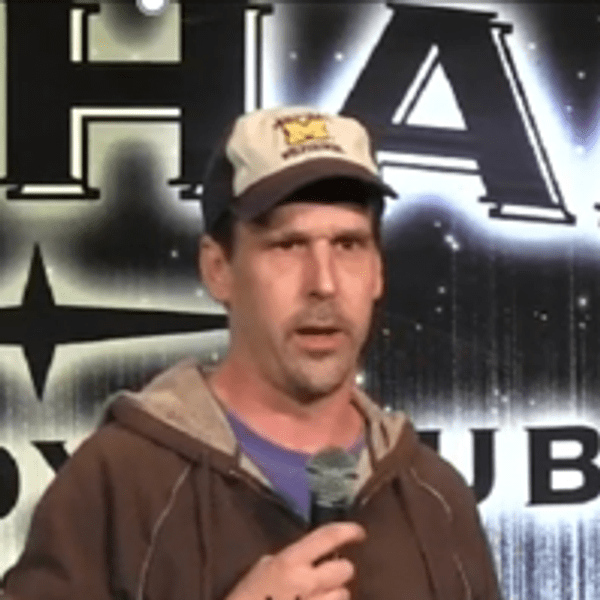
Dr Robert Lynch
Former Postdoctoral Fellow, Pennsylvania State University, United States
Robert Lynch did his PhD at Rutgers with Robert Trivers and has just come from a three-year stint working with Virpi Lummaa at the University of Turku working on the impacts of immigration on life history traits. He has done fieldwork in Jamaica, and has worked extensively with datasets from Iceland and Finland. He has also worked with Napoleon Chagnon at the University of Missouri analyzing a database of previously uncontacted Yanomamo Indians from the Amazon rainforest.
Robert has varied interests in evolutionary demography, especially including parental investment, fertility, and marriage. Some of his other interests include the evolutionary function of humor and how childhood adversity affects outcomes in adulthood and social mobility.
Chris Arnison
PhD candidate and research assistant, Religion Programme, University of Otago, New Zealand
Chris has a BA in Religion from the University of Otago, where he is currently a PhD candidate researching self-medication practices involving psychedelic substances in New Zealand. He has an interest in the relationship between religion, health, and well-being.
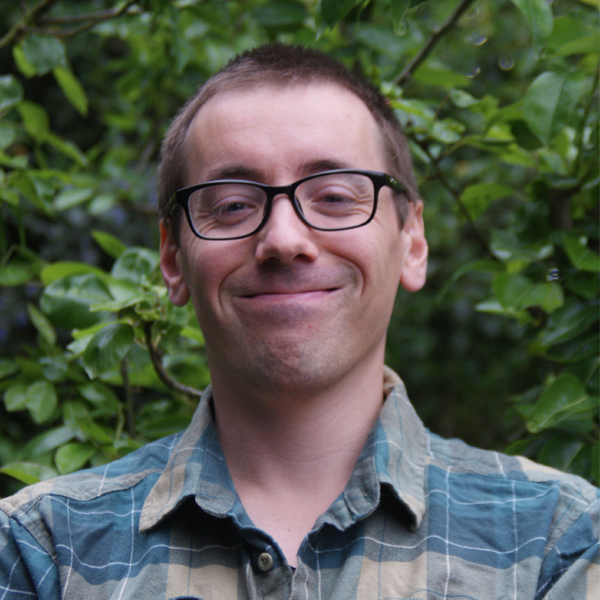
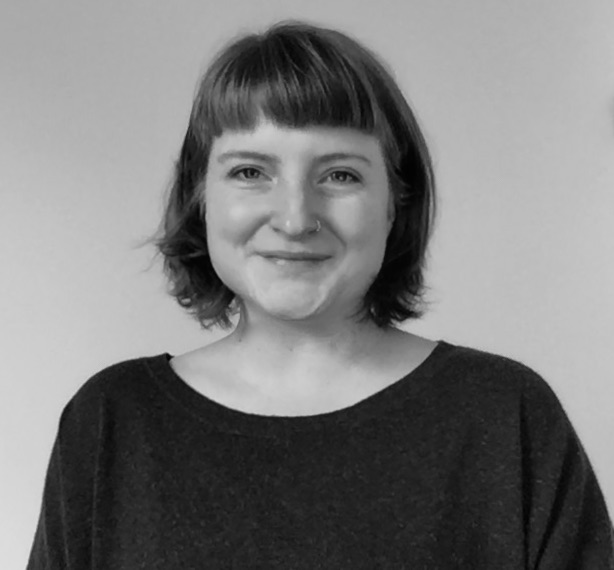
Former Postdoctoral Researcher, Pennsylvania State University, United States
Dr Susan Schaffnit is a social scientist whose research pulls on theory and methods from evolutionary anthropology, demography, and population health science. At the base of all her work is a desire to understand variation in and links between human health, family structures, and life transitions – into marriage, parenthood and adulthood.
Since completing her PhD in Epidemiology and Population Health at London School of Hygiene and Tropical Medicine, Susan has worked on a variety of projects across the social and health sciences including an impact evaluation of interventions to reduce HIV incidence in sub-Saharan Africa, and a mixed methods study of early marriage and women’s health in northwest Tanzania. For more information please see her website.
Dr Laure Spake
Assistant Professor, Anthropology, Binghamton University
Laure’s research interests centre around children and childhood and include questions related to growth, health, and demography. Her PhD dissertation was aimed at improving interpretations of past population health and growth in past populations by exploring the effects of mortality bias. As a biological anthropologist, Laure has experience working with quantitative data, particularly anthropometrics, and has written on topics such as secular trends, age and body mass estimation, and population variation.
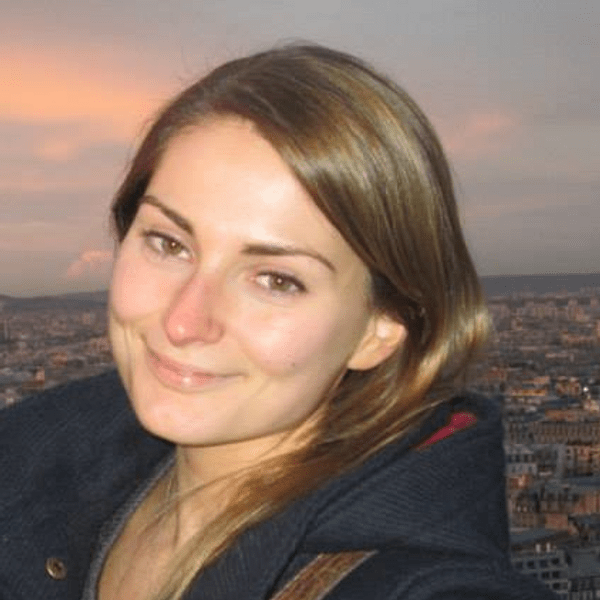
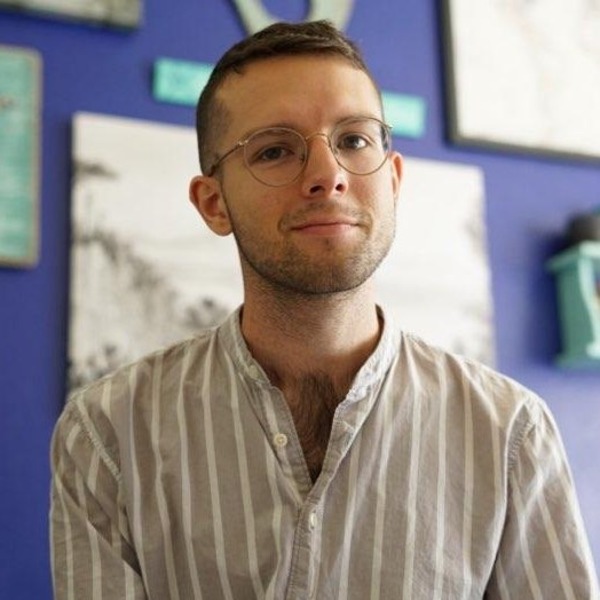
PhD student, Department of Anthropology, University of Connecticut, United States
Matthew Conrad is a social scientist exploring sociocultural dynamics through statistical modeling, social network analysis, and systems theory. He is especially interested in religious culture, and how it responds to changes in material conditions and education. Matthew has a background in international security, having served as a Peace Corps officer in Nepal.
Dr Elic Weitzel
Postdoctoral Fellow, Department of Anthropology, Smithsonian National Museum of Natural History
Elic Weitzel is an evolutionary ecologist and archaeologist interested in applying theory and models from population and behavioral ecology to understand human behavior in both the past and present. More specifically, his work centers on quantitative analysis and modeling of the causes and consequences of demographic change. Elic has conducted archaeological fieldwork up and down the eastern United States as well as in southeastern Europe. He has published on topics such as the role of humans in Pleistocene megafauna population collapse and human population growth as a driver of the origins of farming in mid-Holocene North America. His dissertation work, in progress at the University of Connecticut, explores environmental changes resulting from human depopulation, looking specifically at Native American population decline in 17th century New England due to epidemic diseases, conflict, and marginalization under European settler-colonialism. For more information, see his website.
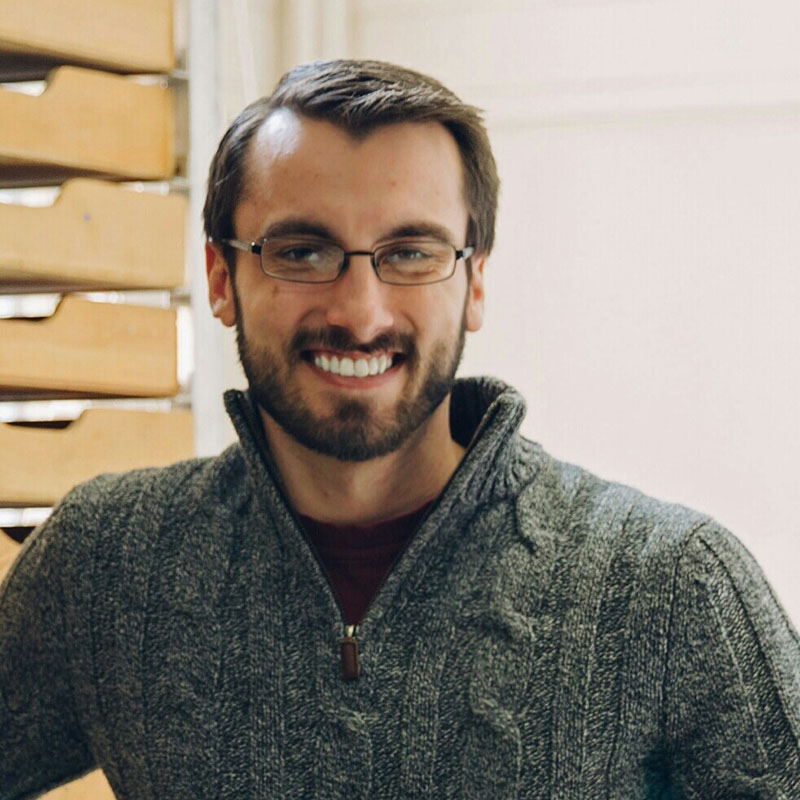
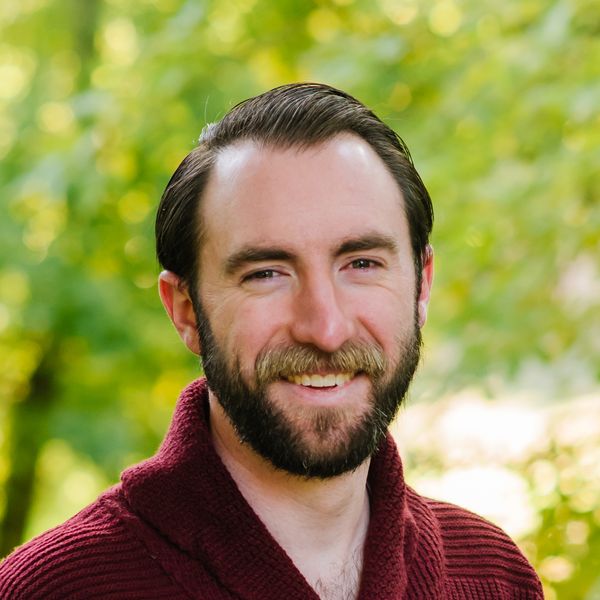
Dr Kurt Wilson
Postdoctoral Fellow, Geography Department, University of Utah
Kurt is a quantitative evolutionary ecologist and anthropologist whose research interests focus on human-environment interactions broadly, with a particular emphasis on the socioecological dynamics around the emergence and persistence of inequality, territoriality, cooperation, and ecological resiliency in human populations. To explore the complex dynamics within human-environment interactions, his work employs individual/agent-based modeling, big data, and statistical modeling to understand how local environments impact the payoffs and constraints individuals face. Kurt has field experience in the Central Andes and Western North America and has worked on Andean, Western North American, and global datasets.
Dr Abigail Page
Lecturer at Brunel University
Abigail has been trained as an anthropologist, first at the University of Durham for her BA in Social and Biological Anthropology and then her MSc in Medical Anthropology at University College London. She completed her PhD in Biological Anthropology in 2016, specialising in the cooperative childrearing, health and reproduction of a hunter-gatherer population in the Philippines called the Agta.
Since her PhD, she has become increasingly interested in the dynamics of social support and its consequences for maternal and child health more broadly. At LSHTM, as a Research Fellow (since 2018) and now Assistant Professor, she has been working on interdisciplinary approaches to social support in the early post natal period, focusing on the key outcomes of infant feeding and maternal mental health.
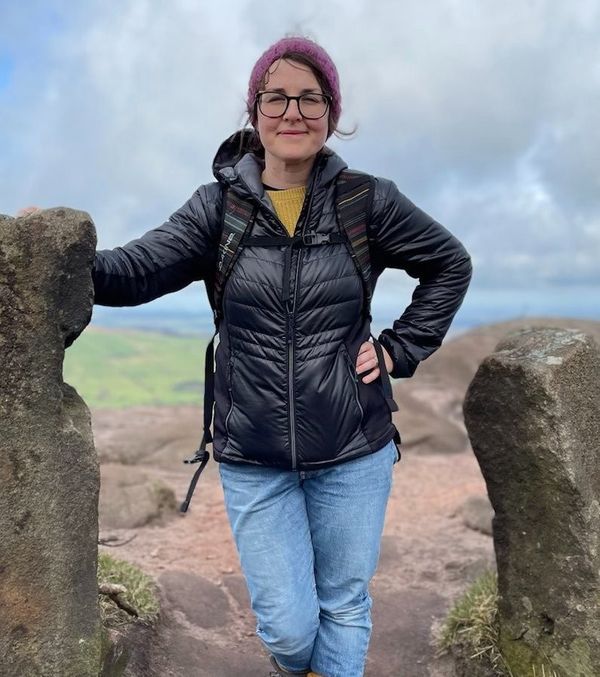
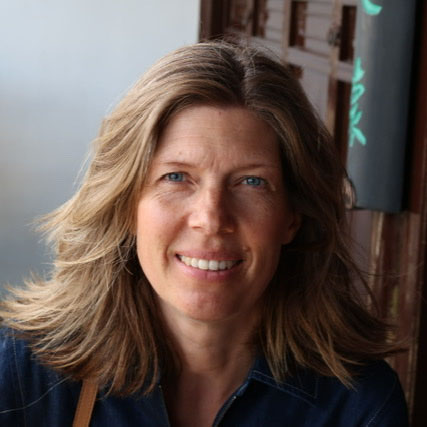
Former Project Manager, Religion Programme, University of Otago, New Zealand
Anne Cathrine has a MA in Economics from Aarhus University. She provides research administration and project reporting, and will organise workshops and progress meetings, and assist in co-ordinating the data collection and the secondary data sets.
Dr Joseph Watts
Senior Lecturer at Canterbury University
Joseph’s research interests span across the social sciences and he employs a range of innovative quantitative research methodologies. He uses phylogenetic comparative methods to identify broad cross-cultural patterns in human cultural systems, natural language processing to identify the structure and variation in people’s written explanations of the world, and he designs interactive online studies to simulate processes of cultural evolution in real time. Together, his research spans individual-level micro-evolutionary processes up to the cultural-level macro-evolutionary patterns of change in human history.
The findings of Joseph’s research have been published in major international science journals, such as Nature, PNAS and Nature Human Behaviour, and featured in articles in prominent media venues, such as The Times, The Guardian and The New York Times. An overview of Joseph’s research and ongoing projects can be found on his personal website.
